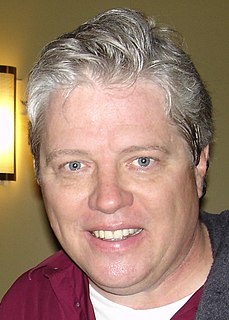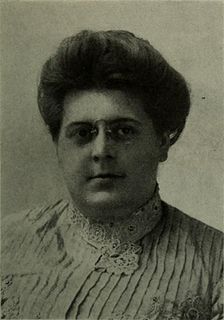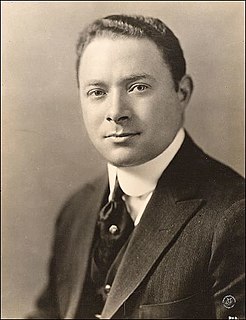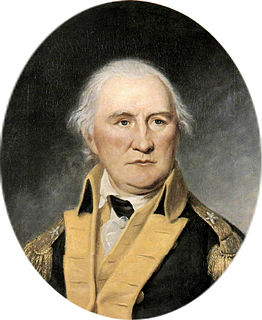A Quote by Thomas F. Wilson
Labor, therefore, is a duty from which no man living is exempt, without forfeiting his right to his daily bread.
Related Quotes
The master in the art of living makes little distinction between his work and his play, his labor and his leisure, his mind and his body, his information and his recreation, his love and his religion. He hardly knows which is which. He simply pursues his vision of excellence at whatever he does, leaving others to decide whether he is working or playing. To him he's always doing both.
Don't be misled into believing that somehow the world owes you a living. The boy who believes that his parents, or the government, or any one else owes him his livelihood and that he can collect it without labor will wake up one day and find himself working for another boy who did not have that belief and, therefore, earned the right to have others work for him.
This tree is indeed a Tree of Life, for without the higher and finer sentiments man does not life; he merely exists. If any branch of that tree does not bear fruit, the Master tells us that it shall be cut off and cast into the fire. It is the duty of all living things to produce some truly constructive labor as recognition of the divine life which is within them. God is most glorified when His children glorify His spirit within themselves.
Man cannot be exempted from his divinely-imposed obligations toward civil society, and the representatives of authority have the right to coerce him when he refuses without reason to do his duty. Society, on the other hand, cannot defraud man of his God-granted right... Nor can society systematically void these rights by making their use impossible.
It is not the right of property which is protected, but the right to property. Property, per se, has no rights; but the individual - the man - has three great rights, equally sacred from arbitrary interference: the right to his life, the right to his liberty, the right to his property The three rights are so bound together as to be essentially one right. To give a man his life but to deny him his liberty, is to take from him all that makes his life worth living. To give him his liberty but take from him the property which is the fruit and badge of his liberty is to still leave him a slave.
Nothing of that which is conducive to help man, collectively or individually, to live not "happily" but less unhappily in this world, ought to be indifferent to the Theosophist-Occultist. It is no concern of his whether his help benefits a man in his worldly or spiritual progress; his first duty is to be ever ready to help if he can, without stopping to philosophize.
The lowest standards of ethics of which a right-thinking man can possibly conceive is taught to the common soldier whose trade is to shoot his fellow men. In youth he may have learned the command, 'Thou shalt not kill,' but the ruler takes the boy just as he enters manhood and teaches him that his highest duty is to shoot a bullet through his neighbor's heart - and this, unmoved by passion or feeling or hatred, and without the least regard to right or wrong, but simply because his ruler gives the word.




































